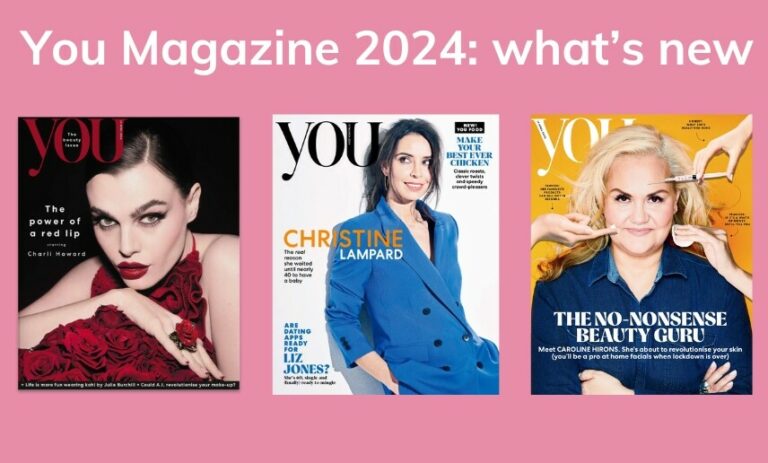
Tomorrow's Business Today
Memory stick journalism
Yesterday we praised the journalistic endeavour behind the Pandora Papers, a massive leak of offshore data that did what newspapers are meant to do: embarrass powerful people.
The stories ran in a consortium of papers including The Guardian and The Washington Post.
There are (at least) two levels of collaboration here that are impressive.
The first is among the 600 hacks, sharing ideas, sharing scoops, not legging each other over (too much).
We described them as the sort of folk who “carry spare encrypted drives in their hemp work satchels, and have a ready supply of post-it notes and coloured pencils”.
They also bake their own socks and have home electricity which comes from ethically farmed mango juice.
Their work is vital and they ought to scare the PR industry, since they absolutely don’t want what it is selling.
They have a traditional, adversarial idea of the two roles. They can’t stand you, basically.
The collaboration is even more powerful and to my mind unlikely, at an organisational level. Rival newspapers editors had to trust each other over many months.
If you’ve ever seen two editors together, even ones who work on the same paper, trust is not the feeling that fills the room.
For years now the drift has been for London PR and law firms to go global, to merge with or be taken over by, some big American outfit with offices in Russia and everywhere else.
That made them unfair competition for the Hereford Gazette.
If newspapers gang up, they remain a formidable force. Your clients have been warned.

Press release of the day
One thing under-covered in the drive to sustainability, greenery, is whether ordinary folk can afford it.
This from the Pru’s Power of Sustainable Living report says it costs £600 a year each to make “sustainable” choices.
One in five say they simply can’t afford to pay more for green goods.
Younger folk are happiest to pay more, which is what you would expect.












